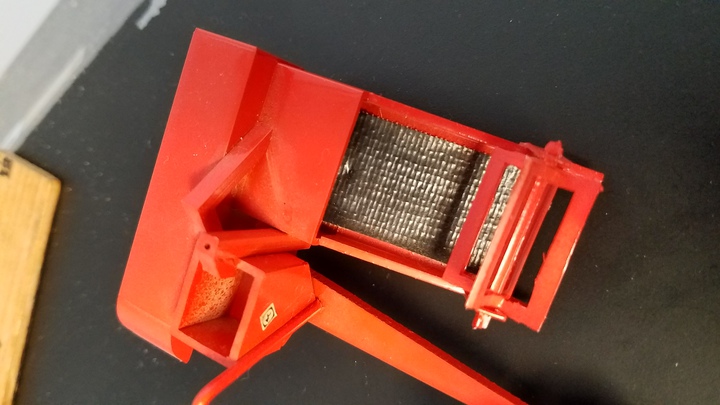showcrop
Well-known Member
The portable air compressor thread reminded me of a thought that I have had for awhile. I bought a used large compressor a few years ago. During installation before threading my shut-off valve into the tank, I gave it a good shot of WD-40 inside. My thought is that if done say, annually, the WD-40, even though I drain the moisture off the bottom of the tank regularly, should make a substantial difference in how long the tank will last. I don't want to compromise my air quality doing this though. Would a little WD-40 affect my air for painting? I drain the moisture out of the tank regularly and I have a filter and two water separators in line. I drain my tank often enough that I rarely get more than a few drops of water.


